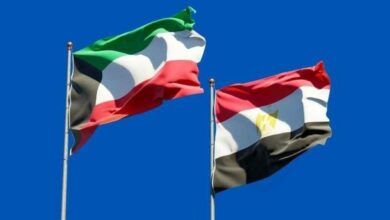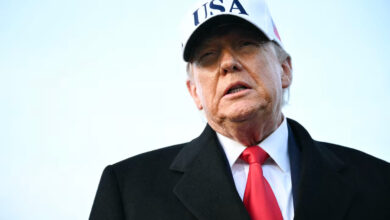
KUWAIT (Reuters) – Kuwait’s ruler told the new parliament, in which opposition candidates made gains, that comprehensive reform was needed to help the Gulf Arab state exit its worst economic crisis in decades and that there was no time for “fabricating conflicts”.
Emir Sheikh Nawaf al-Ahmad al-Sabah took the reins in September following the death of his brother at a time the wealthy OPEC member state is facing a severe liquidity crunch due to low oil prices and the coronavirus crisis.
“Our country’s path faces serious problems and big challenges which call for putting in place a comprehensive reform programme,” Sheikh Nawaf said in Tuesday’s address at the new assembly’s first session.
“There is no room for wasting more efforts, time and capabilities on fabricated conflicts, disputes and settling accounts which have become a source of frustration and discontent for citizens and an obstacle to any achievement.”
This month’s parliamentary polls saw two thirds of lawmakers lose their seats as opposition candidates made gains in results that analysts say could hamper government efforts to enact fiscal reform in the cradle-to-grave welfare state and end legislative gridlock over a debt law that would help boost state coffers.
Frequent rows and deadlocks between cabinet and parliament have led to successive government reshuffles and dissolutions of parliament, hampering investment and economic and fiscal reform.
Kuwait’s economy, which is worth nearly $140 billion, is facing a deficit of $46 billion this year. A government priority is to pass a bill that would allow Kuwait to tap international debt markets.
Kuwait, a U.S. ally, has the most open political system in the Gulf region, with a parliament wielding power to pass legislation and question ministers, although senior posts are occupied by ruling family members.
The emir has final say in state matters.
Writing by Ghaida Ghantous; Editing by Andrew Cawthorne




